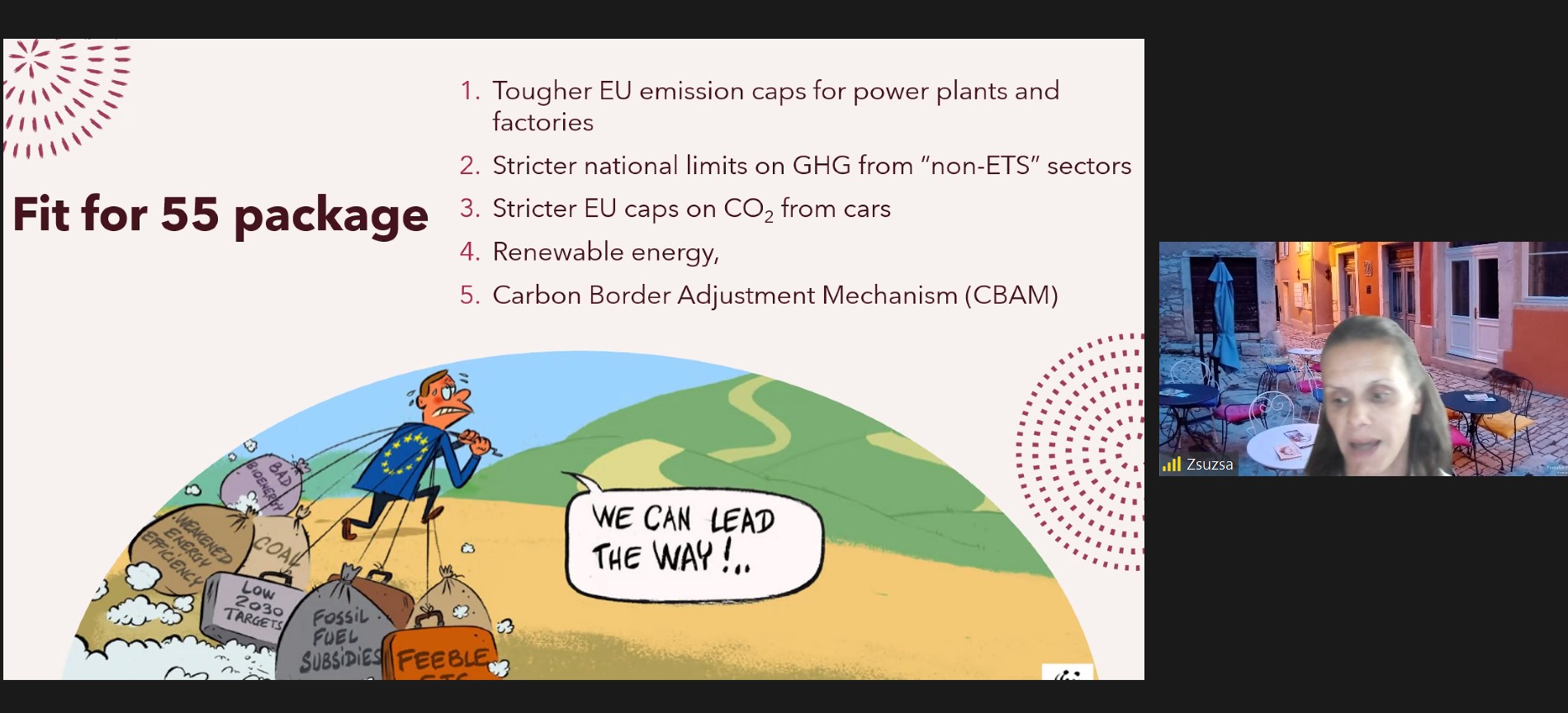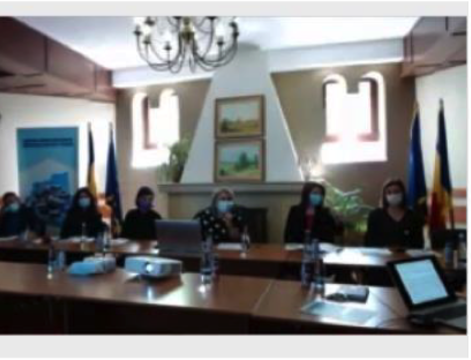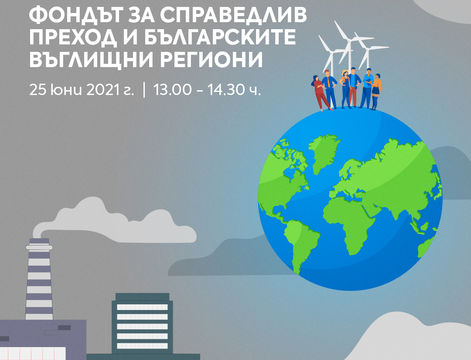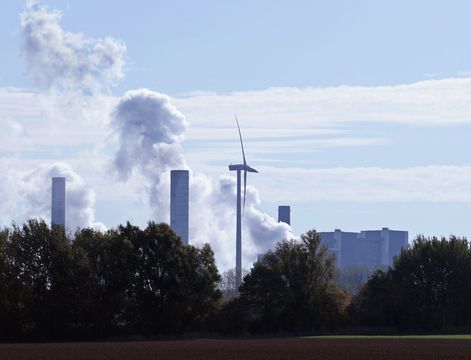On November 13, 2018 the Parliament confirmed the provisional agreement reached a few months earlier with the council on energy efficiency, renewables and governance of the Energy Union. By 2030, energy efficiency in the EU has to have improved by 32.5%, whereas the share of energy from renewables should be at least 32% of the gross final consumption. These targets may be review, and in any case raised but not lowered.
Improving energy efficiency will have an economic benefit, by reducing energy bills, and independence increase, reducing the reliance on external suppliers of oil and gas. Specific measures will be established to tackle the problem of those affected by energy poverty.
First generation biofuels with a high risk of “indirect land use change” will no longer count for the EU’s renewable energy goals; but second generation biofuels may play a significant role in reducing the carbon footprint of transport (which 14% of its fuel must come from renewable sources by 2030).
By the end of 2019, each member state must develop an “integrated national energy and climate plan” for the ten following years, in which national targets and contributions will be specified. Once the new rules enter into force, the member states will have to transpose the new elements into national law in no more than 18 months.











